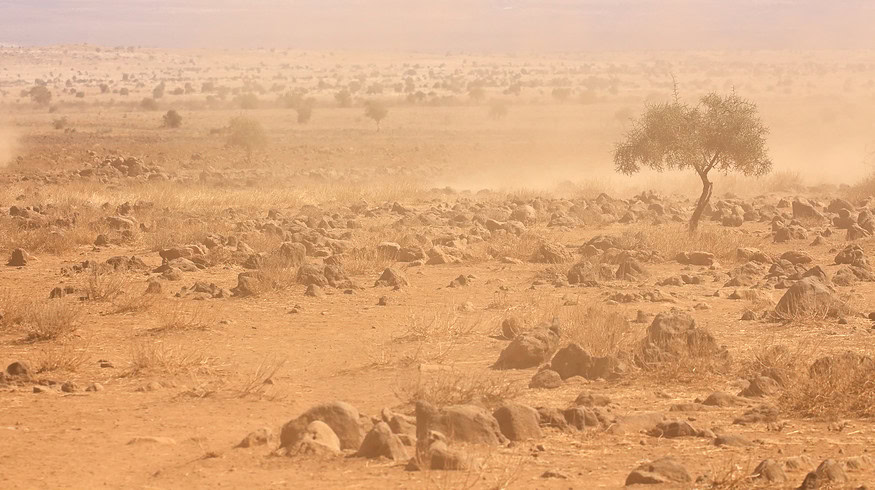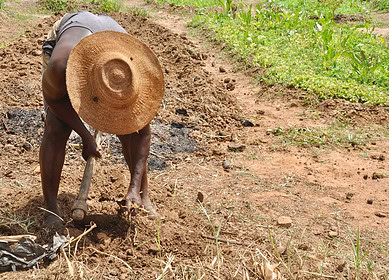Africa requires climate finance mechanisms to tackle climate change issues

Climate change poses a significant risk to food security and stability in Africa, with the potential to exacerbate food shortages, price spikes, hunger, and malnutrition, reports the Kenyan media outlet Daily Nation. Immediate and sustained action is necessary to reduce greenhouse gas emissions and build resilience to prevent these issues from escalating.
Rapid climate shifts are already affecting rainfall patterns and increasing the severity of storms, threatening agriculture across the continent. Continued heating of the planet is likely to severely diminish food production in many African countries, leading to inevitable food crises. It is crucial to implement climate change mitigation and adaptation strategies. Investment in agricultural resilience can not only secure food supply but also promote prosperity and prevent conflicts.
In Kenya, climate change impacts result in a loss of 3-5% of GDP. To combat this, Kenya has implemented policies such as the National Climate Change Action Plans and the Climate Change Act of 2016. The Kenya Climate Smart Agriculture Strategy identifies challenges and actions for securing food in a changing climate. A mainstreaming approach that integrates climate considerations into agricultural activities is essential for catalyzing climate action. This ensures that climate goals are met without creating divides between agricultural and climate change initiatives.
The Financing Locally Led Climate Action (FLLoCA) Program, initiated by Kenya’s Ministry of Environment, Climate Change and Forestry, empowers local communities to identify climate risks and solutions. Funded by the World Bank and other agencies, this $1.05 billion program promotes accountability and effective implementation at the county level.
Source: Daily Nation
Enjoyed this story?
Every Monday, our subscribers get their hands on a digest of the most trending agriculture news. You can join them too!














Discussion0 comments